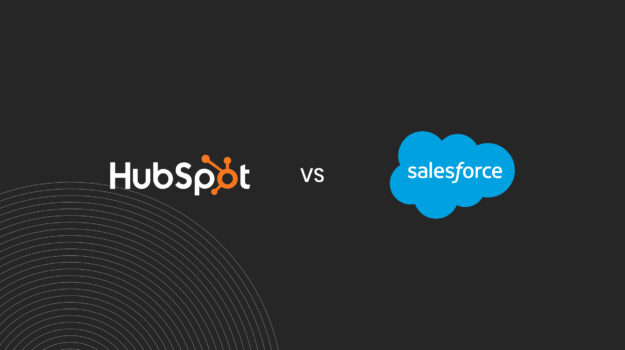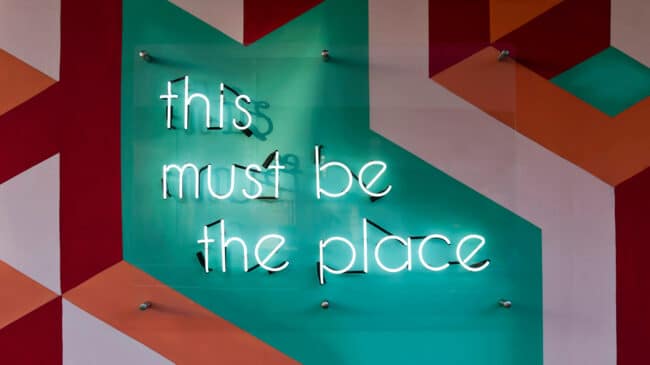2024 Holiday Trends: What Are Companies Doing for Their Staff at the End of the Year?

1. Time Off: Extended Breaks or Normal Schedule?
One of the most common end-of-year perks employees look forward to is additional time off to recharge. While some companies still offer the classic extra holiday days or “winter breaks,” there has been a noticeable shift towards offering extended paid time off (PTO) or a complete shutdown between Christmas and New Year’s.
- Extended Time Off: Companies like Slack and LinkedIn, for example, have embraced company-wide shutdowns during the holiday season, encouraging employees to take a break without worrying about work piling up.
- “Use It or Lose It” PTO: For some, the end of the year is a last-minute scramble to use up any remaining vacation days before they expire, prompting some businesses to remind staff to take their well-deserved time off.
- Flexible Time Off: More progressive companies are adopting flexible or unlimited PTO policies, allowing employees to take time off when they need it most without strict end-of-year deadlines. However, some workers may still feel reluctant to take extended breaks, even when these policies are in place.
2. Bonuses: Big Payouts or Nothing at All?
End-of-year bonuses have long been a sign of appreciation for employees’ hard work. But the state of bonuses in 2024 seems to be quite varied across industries and companies.
- Generous Bonuses: Many companies in tech, finance, and other high-growth sectors are still offering performance-based bonuses. In fact, some have increased their bonus pools to keep talent motivated and loyal.
- Discretionary Bonuses: Other companies are opting for smaller, one-time discretionary bonuses as a way to spread the holiday cheer. These may not be tied directly to performance but are seen as a token of appreciation for the whole team.
- No Bonuses: Some businesses, particularly those in industries hit hard by economic downturns, have had to forgo bonuses altogether. Instead, they might offer non-financial incentives like extra PTO or other perks to soften the blow.
3. Celebrations: Virtual, In-Person, or Hybrid?
Holiday parties have always been a cornerstone of year-end celebrations, but the shift towards remote work has changed how companies host these events.
- Virtual Celebrations: Virtual holiday parties, complete with games, gifts, and online activities, have become the new norm for fully remote teams. From virtual escape rooms to holiday trivia and online cocktail classes, companies are getting creative with how they bring people together virtually.
- In-Person Gatherings: For businesses that have returned to in-person work or operate in hybrid models, physical holiday parties are making a comeback. Companies are mindful of the size and scale of these gatherings, with many opting for smaller, more intimate celebrations compared to the large, extravagant parties of the past.
- Hybrid Events: Hybrid celebrations, combining both virtual and in-person elements, allow companies to cater to their diverse workforce. These events provide flexibility, ensuring that all team members, regardless of location, can participate in the festivities.
- Nothing: Some companies have decided to forgo holiday parties altogether, focusing instead on individual gestures of appreciation or simply offering time off for their teams to celebrate as they choose.
4. Gifts: Personalized or Generic?
Gift-giving has long been part of end-of-year celebrations, but the approach varies widely from company to company.
- Customized Gifts: Some businesses are taking the time to personalize gifts for their employees, sending care packages, customized swag, or experiences that align with their interests. A popular trend is sending curated gift boxes filled with everything from cozy blankets to gourmet snacks and branded merchandise.
- Company Swag: Others are sticking to the basics with branded items like water bottles, hoodies, or other company merchandise. While this can be appreciated, it sometimes lacks the personal touch employees might expect during the holiday season.
- Charitable Donations: A growing number of companies are also giving back by donating to charities in the name of their employees. This option not only spreads goodwill but also aligns with the values of employees who want to make a positive impact.
5. Wellness and Mental Health Initiatives
Given the increased focus on mental health and well-being in the workplace, some companies are choosing to close out the year by prioritizing wellness over extravagant parties or big bonuses.
- Wellness Days: Some organizations are introducing “wellness days” at the end of the year, encouraging staff to take time off for self-care, relaxation, or to spend time with family.
- Mental Health Support: Others are offering expanded mental health resources, such as virtual therapy sessions, access to wellness apps, or even stipends for wellness-related activities like yoga, meditation, or fitness programs.
6. Doing Nothing: Is It the New Norm?
Surprisingly, some companies are opting to do little to nothing for their staff at the end of the year. Whether it’s due to budget constraints, a more modest corporate culture, or simply not seeing the need for large year-end events, a growing number of companies are keeping things low-key.
In these cases, employees might still receive a simple thank you note or acknowledgment of their efforts throughout the year, but there’s no grand gesture like a party or bonus. While this approach might be cost-effective, it can leave some employees feeling unappreciated, especially when compared to companies offering more tangible year-end rewards.
Conclusion: A Mixed Bag of End-of-Year Gestures
In 2024, there’s no set playbook for how companies wrap up the year. Some are all about big bonuses, virtual parties, and extra time off, while others are scaling back due to budget or cultural changes. But one thing’s for sure—employees want to feel appreciated, whether through a bonus, more time to recharge, or a simple, genuine thank-you. As the workplace keeps evolving, the question is: what’s next for keeping teams motivated and happy at year’s end?































